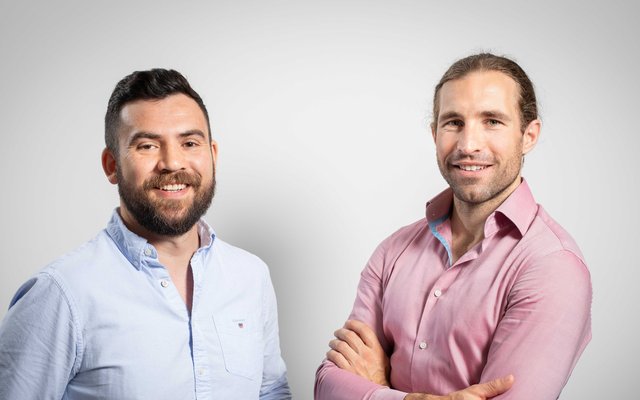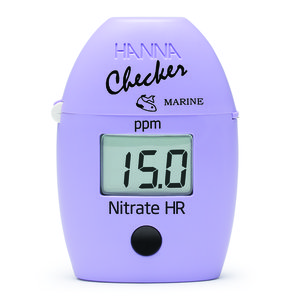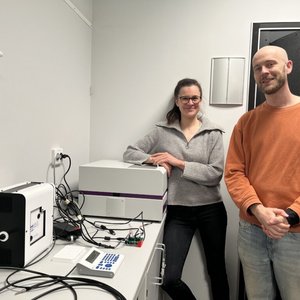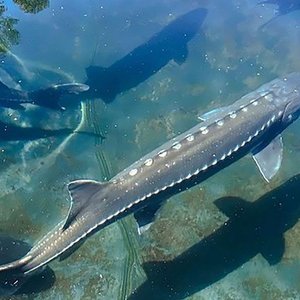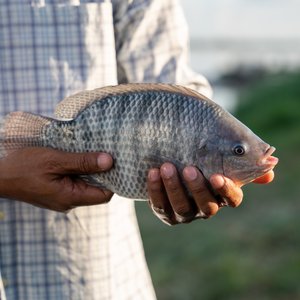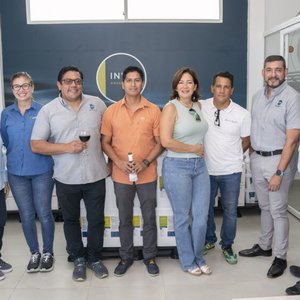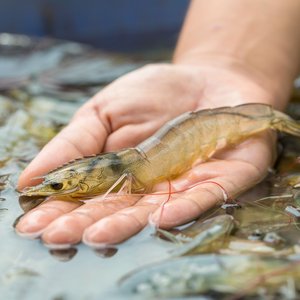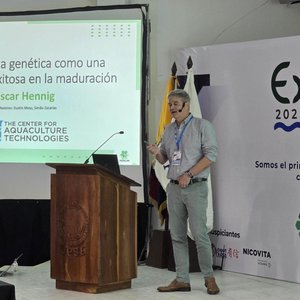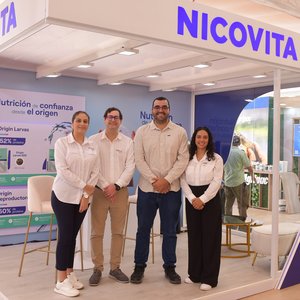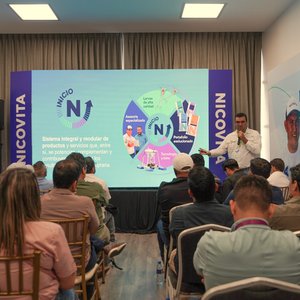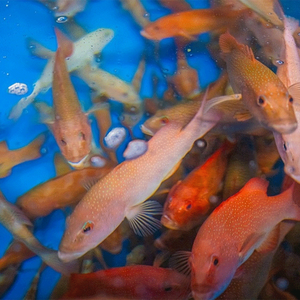A consortium of research partners in Scotland was awarded a £250,000 funding package to develop a new digital platform that will collect and use data on fish farms and enable actionable insights.
Led by R3-IoT, a Glasgow-based satellite communications startup, the group will develop a software system that automatically captures large volumes of continuous sensor data across aquaculture sites securely in one place, where it can be processed, stored and actioned. The digital platform will be developed in parallel with R3-IoT’s satellite communications solution, which brings seamless connectivity to remote and rural areas – enabling organizations to fully digitize their business operations across multiple sites and locations.
The project is funded by the Seafood Innovation Fund, with support from the Sustainable Aquaculture Innovation Centre (SAIC); Northern Light, the aquaculture consultancy; The Data Lab, Scotland’s innovation center for data science and AI; CENSIS, Scotland’s innovation center for sensing, imaging systems, and Internet of Things technologies; Edinburgh Napier University; the University of Stirling’s Institute of Aquaculture; and the Scottish Salmon Producers Organization (SSPO).
Covid-19 has accelerated a number of trends across the aquaculture sector, primarily the need for timely access to information – from environmental metrics like oxygen, temperature, and salinity, to operational data points such as wave height and strength. R3-IoT’s platform will automate the collection of data from a range of sensing technologies already in place, allowing fish farms to use this information to remotely manage their operations more efficiently.
Once developed, the new digital platform will enable organizations to regularly share environmental and operational data with regulators, supply chain companies, researchers and other stakeholders to enhance efficiency and transparency while reducing risks and associated costs. The technology developed could be equally beneficial to forestry, agriculture, and other sectors with a remote or rural aspect.
Allan Cannon, CEO and co-founder of R3-IoT, said that “aquaculture has ambitious plans to deliver sustainable growth and data can be a key enabler for the sector. But having data is only the first step – you also have to unlock its potential, which is what the digital platform we are developing through this project will deliver. The technology will help fish farmers understand operations across different sites and locations wherever they are, providing them with increased visibility, improved quality of, and access to timely information. It will also allow them to remotely and quickly respond to data-driven insights to improve business performance.
Heather Jones, CEO at SAIC, said that “fish farmers will be able to decide the metrics and parameters that matter to them. When industry professionals see this in action, they may want to take it further and could even explore concepts such as preventative maintenance type models. Rather than sending an engineer to inspect a machine every month or so, they will be able to plan inspections when they are required, saving time and resources. Ultimately, it could be a powerful tool for fish farmers, helping them to enhance fish health and wellbeing, work with stakeholders, and potentially improve transparency – all of which can contribute to the sector’s sustainable growth.”


